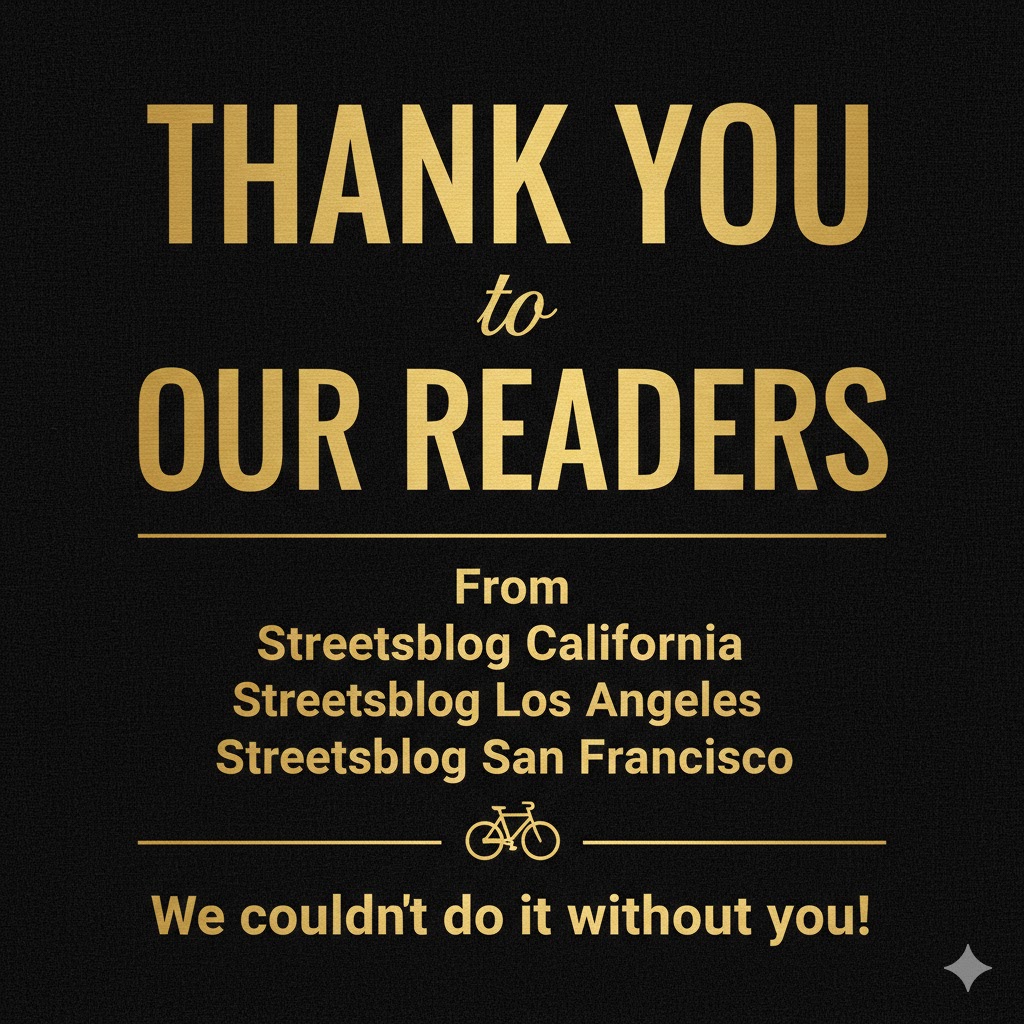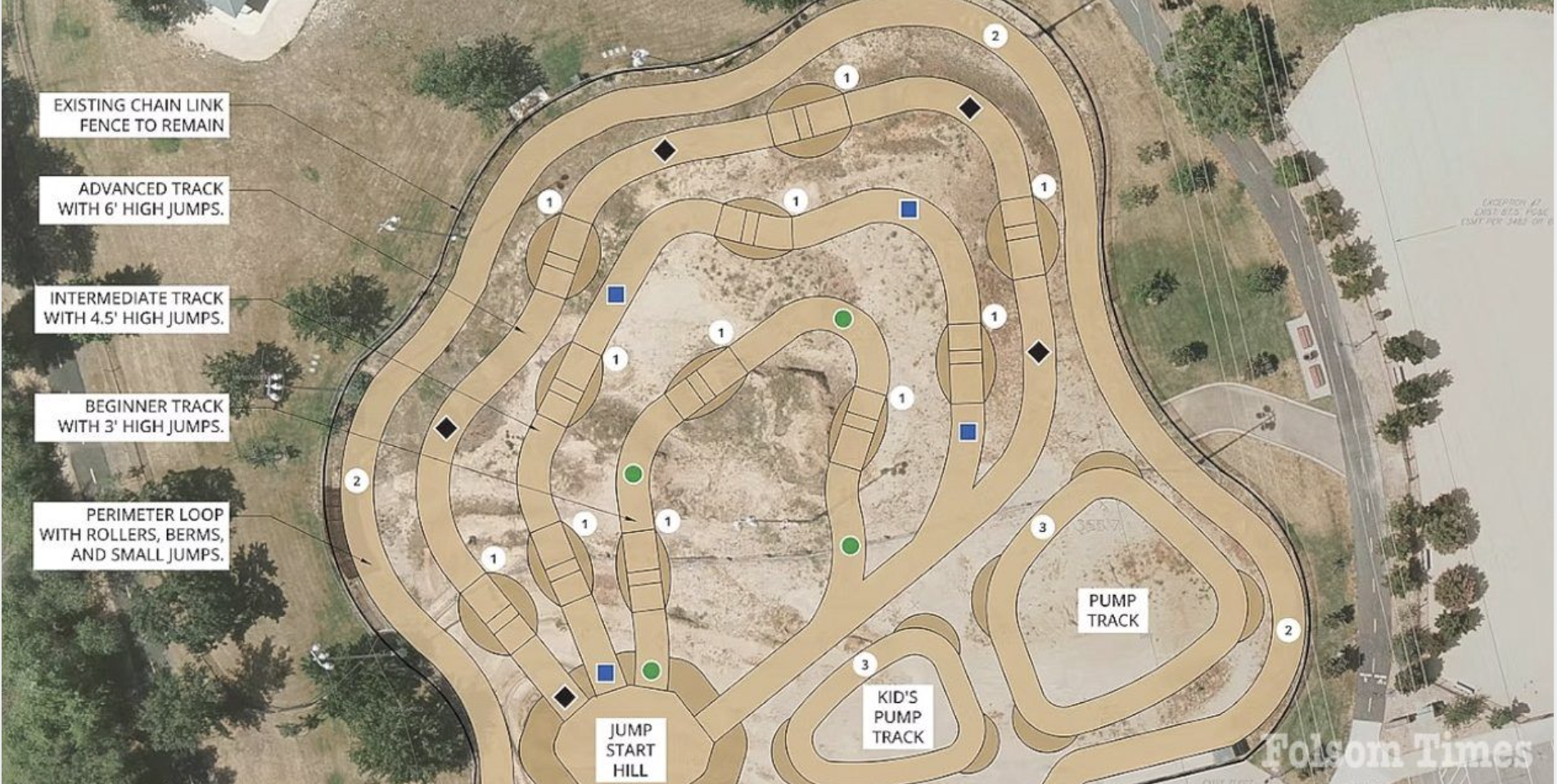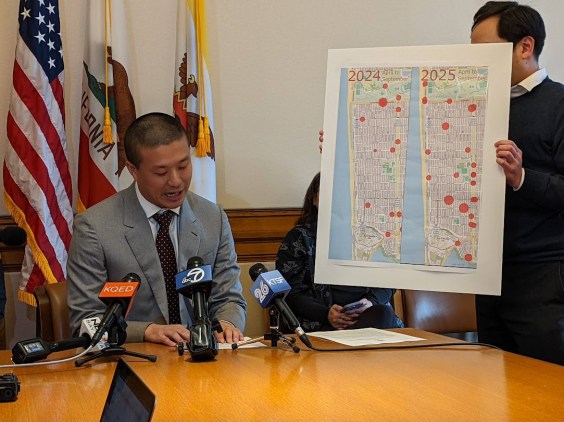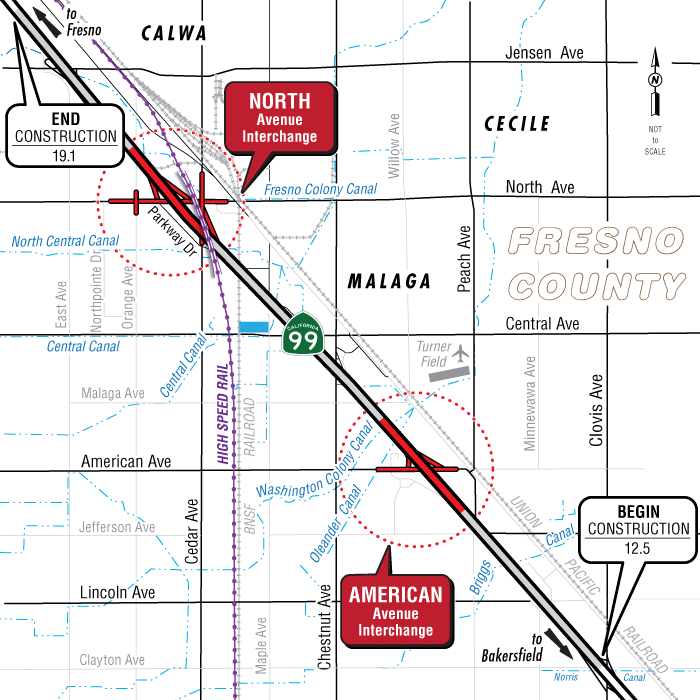SFMTA's proposed budget for 2017-2018 was passed yesterday by its board. Next stop, the San Francisco Board of Supervisors. Included in the budget, a 25 cent fare hike for cash fares. And this fare hike is really for the good of the riders--seriously.
A few decades ago, if you boarded one of London's iconic double-decker buses, you didn't line up and pay at the door. You entered front or back and a conductor, not the driver, came around and collected your fare while the bus was in motion. The result was the buses didn't wait at each station while people lined up to pay. Over time, with cut backs and changes in bus design, the decision was made to have drivers also collect fares. Thus, London buses, like buses everywhere else, started to have interminable dwell times. It's a ridiculous system that makes riding a bus a slow, plodding experience (well, slower than it needs to be).
Now, of course, computers, smart phones, and pre-paid cards ("Oyster" in London or "Clipper" here in the Bay Area) can replace the old conductors for fare collection and allow everyone to scramble onto the bus at once, which is already speeding up commutes, with the added bonus of centralizing fare collection and making transit more seamless, at least in theory. And Streetsblog has long supported the idea of an all-in-one transport card that will work on everything from buses to car-hailing.
The problem is some people take the expression "cash is king" a little too literally and are reluctant to move on, especially seniors who aren't always comfortable in the digital world. So they keep lining up to pay at the fare box. And we keep waiting for them to unroll bills and push them into the little machine. That's why the SFMTA board wants to give people an incentive to get them over their Luddite tendencies; the aforementioned 25 cent surcharge for paying a fare with cash.
Or as an advocate for seniors told the San Francisco Chronicle:
“We have people who don’t have Clipper cards for a number of reasons,” said Jessica Lehman, executive director of Senior and Disability Action. “They don’t trust it; they’re afraid of losing it. People in those situations shouldn’t have to pay for it.”
Advocates for the poor make similar arguments. But if some poor and elderly San Franciscans are slowing the entire transit system because of a psychological preference for cash, why shouldn't they have to pay? Andy Bosselman, a long-time San Francisco transit advocate, agrees:
Do these self-appointed advocates for the poor really think that the people of this city are too stupid and lazy to use a Clipper card? Apparently I believe in San Franciscans more than they do.
Bosselman, in fact, has pushed for this incentive away from cash for quite some time, notably with a Streetsblog editorial, explaining that it already works to speed things up in transit systems in other cities. Moreover, as one City Hall insider explained, the point made by advocates for the poor and the elderly doesn't really make sense, since people on public assistance are given transit subsidies via -- you guessed it -- Clipper cards.
Or as Bosselman continued:
In San Francisco, so-called advocates for the poor offer a knee-jerk negative reaction to this idea. But nobody’s actually talked to the thousands of people who already get free and discounted passes. Or the hourly workers this would affect most. I challenge anyone who thinks this will hurt the poor to actually talk to some people about this. Next time you’re in a restaurant or bar, ask a barista, waiter or cook what they want. Would they rather buy a Clipper card and get to work on time? Or would they prefer docked paychecks because the slowest, least reliable transit system in America isn’t allowed to make common-sense upgrades?
The staff report presented to Tuesday's SFMTA Board meeting made similar points to Bosselman, albeit in a less impassioned tone:
The policy benefits of the proposed additional increase in the cash fare would be to incentivize customers to use Clipper cards and Mobile Ticketing to prepay for fares before boarding, thus speeding customer boardings and reducing dwell times. Also, this fare increase is expected to reduce farebox transactions and maintenance.
Seems straight forward enough. So what's the next step? As mentioned, the SFMTA budget has to be approved by the San Francisco Board of Supervisors. It'll go to budget committee next. But the Supes can't pick it apart; it's strictly an up or down vote on the entire SFMTA budget. And as the insider at City Hall put it, this one is almost certainly going to pass.
Eventually, say transit advocates, Muni will only take card or other electronic payments, just as they now do on London buses, where cash has gone the way of the bus conductor. For now, if you ride Muni and cash is really your thing, start saving up those quarters; some time next year, you're going to need them.







